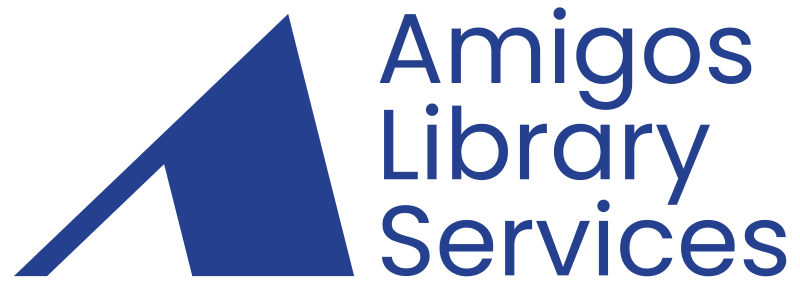Transparency in communication is critical at all levels. It is necessary for an equitable and inclusive workplace as well as for library stakeholders to understand changes as they occur. Without it, leaders lack the context needed to understand the decisions they must make, and workers have difficulty with trust and buy-in. Effective transparency takes time and practice as it is challenging to share information that is timely, complete, and helpful.
In this two-session, interactive workshop, instructors will work with attendees to understand their own power, privilege, and positionality in developing a culture of transparency at all levels of an organization. The group will review several case studies of transparency with internal and external stakeholders, learn techniques for supporting transparency regardless of role, and use multiple lenses for analyzing and understanding the challenges at participant’s institutions. Please come prepared with a transparency problem to solve, or an example of a problematic lack of transparency you have experienced or observed. Participants will be expected to share this scenario with the group during the first session.
Learning objectives for this session may include:
- Connecting theoretical and abstract concepts of transparency to library work by reviewing case studies and discussing parallels to their own organizations and challenges.
- Articulating power, privilege, and positionality within their own organization through reflective exercises.
- Understanding the transparency issues by analyzing the situation using the workshop workbook as a guide, which will be available for download on the course site.
- Synthesizing insights gained through reflection and strategies from the workshop to develop a concrete plan for improving transparency in their own roles.
Topic Area
Session Duration
This course consists of two 2-hour sessions.
Contact Hours
4
